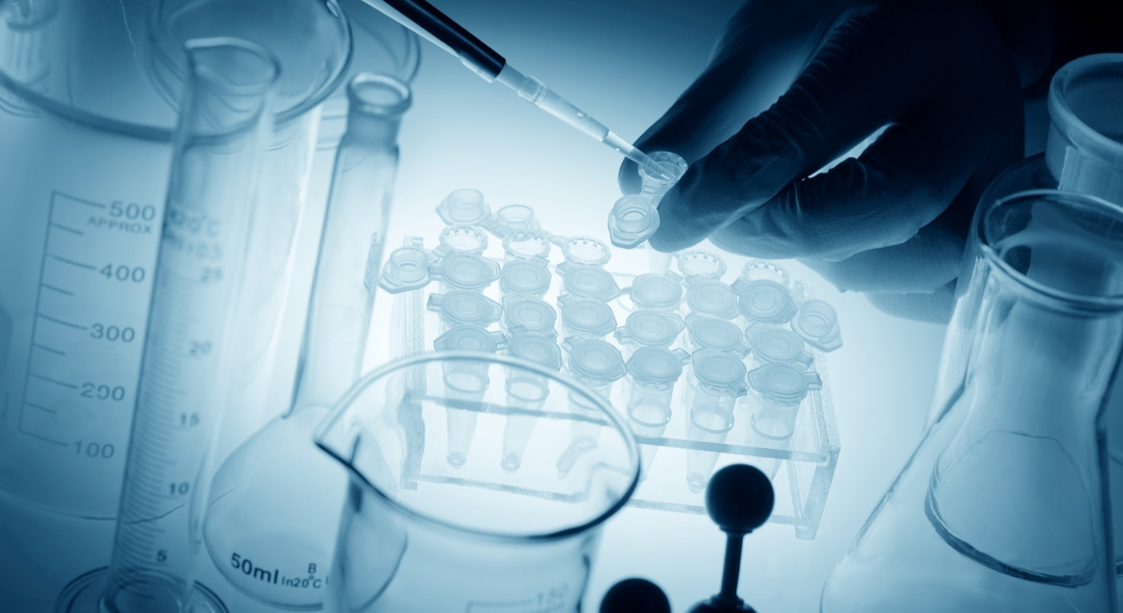
New research finds possible genetic link to trans identity

Scientists who compiled the world’s largest DNA database sourced from trans women have found a potential genetic clue to a cause of gender dysphoria.
A study published in the Journal of Clinical Endocrinology and Metabolism may offer further insight into why people are transgender, The Age reported.
380 trans women signed up to contribute their DNA to be studied in comparison to a control group of 344 cis men.
Researchers from the Hudson Institute of Medical Research at Monash University used the data to examine genes which determine hormone signalling.
The minor distinctions that the scientists found between the two groups suggest an effect on the levels of hormones which determine gender identity in the brain as it develops.
“We know sex hormones like androgens and estrogens have really powerful effects on behaviour,” said Professor Vincent Harley.
“But we don’t know if they have effects on gender identity. This points to a role.
“We have found a few weak contributors. And there are likely to be very many other genes involved.
“But these are some small glimpses into the genetics of gender identity that are emerging,” Harley said.
One woman who contributed to the study told The Age she got involved because she thought it might help change negative attitudes towards trans people.
“I agreed to be in this study because I thought it might help people. That greater medical acceptance, potentially it saves lives.”
Transgender Victoria’s Sally Goldner cautioned against the potential for the study to be used to delegitimise people’s identities by focusing solely on genetics.
“It’s helpful to have evidence that says trans people are who we are – as we always knew. But a genetic study should never invalidate someone’s sense of identity.”
Previous studies have also suggested a genetic basis for gender dysphoria, with a 2008 study finding that trans women have a longer version of the gene which modifies the action of testosterone.
In a piece for the Star Observer, Mama Alto wrote about the “complex interplay of genetic and environmental factors that give rise to physical sex characteristics and psychological feelings of gender.”
“So it is clear from an ever growing body of historic and scientific evidence that trans and gender diverse identities have existed for a long time – in all likelihood, forever.”










Some genetic conditions do very clearly rely on single genes, others rely on multiple genes and others again rely on a combination of genetic and environmental factors (including in the womb during foetal development, diet, ‘stress’ which could itself include all sorts of different things, chemical exposure etc).
Genes are a powerful factor in many aspects of our physical and emotional selves, but they are also far from being the whole story.
This kind of research is interesting, it is helpful in understanding how people come to be who they are but it should not be overplayed. I think scientists generally know not to overstate its importance, the issue is potentially that anti-trans activists will misuse this sort of research to suggest that genes can be used to “diagnose” or even potentially “cure” transgenderism and there’s currently no reason to believe this is true, especially if environmental factors are also at play which remains entirely possible if not likely.